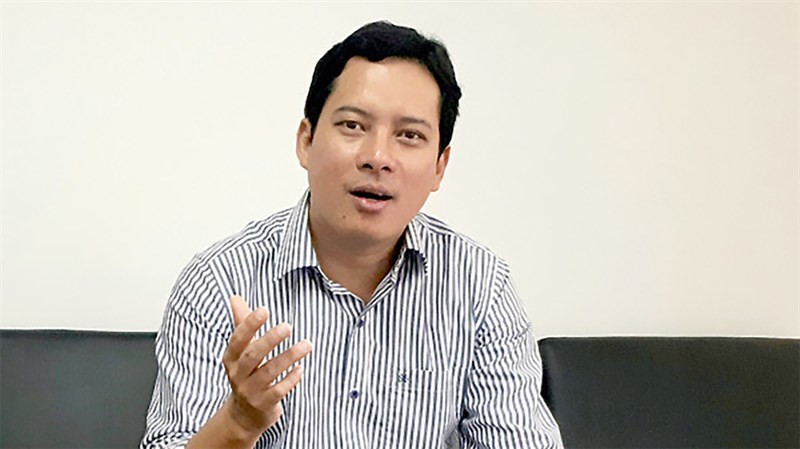
Can you comment on the game industry in Vietnam?
The game industry has made great strides. In 2021, the Vietnam Game Development Alliance (VGDA) was established. To date, the alliance has attracted nearly 60 members. There are 10 members in the coordination committee, including VNG, Vietnam Esports, GOSU Corp, SohaGame, VTC Game, Gamota, Funtap, Viettel Media, Travellet and Solaplay.
The alliance of electronic game manufacturers and distributors in Vietnam operates with the spirit of solidarity and unceasing renovation to join hands to contribute to the development of Vietnamese games, catch up with global trends, improve competitiveness, and build images and communicate about the industry's activities and contributions to society.
The statistics from Google, Sensor Tower and Data.ai show that Vietnam is among the globe's top game manufacturers and distributors from international app stores. What can you say about the statistics?
The data is obtained by the Authority of Broadcasting, Television and Electronic Information directly from international organizations. Vietnam is No 1 in Southeast Asia in the number of studios developing apps and games.
Vietnam’s potential is great but there is a problem that most of the studios distribute games in the international market and set up businesses overseas. When the studios grow, they tend to operate in the international market and don’t return to Vietnam. They mostly do outsourcing for foreign companies. The purpose of this is to avoid tax, so this both causes loss of revenue to the state budget and a brain drain.
We are considering policies to promote advantages and fix problems.
How will the game development strategy be implemented in the time to come?
Regarding strategy, the Authority of Broadcasting, Television and Electronic Information is researching and building. It will focus on two areas of the game industry – production and distribution. The former offers 12 percent, and the latter 88 percent of total revenue. This shows that Vietnam is weak at production.
Production just brings modest revenue and there is a big difference compared with international reports because of a problem mentioned above. The studios located overseas don’t pay taxes, so the state cannot collect money from them and cannot count their revenue for calculation.
Regarding game production, our task is proposing policies to protect and promote the production of games in Vietnam, bringing large studios overseas to Vietnam and encouraging studios to start up in Vietnam.
In terms of distribution, development is good and brings 88 percent of total revenue. However, most of the games distributed are Chinese games, which means that Vietnamese companies are working for Chinese companies. Meanwhile, there are some ‘sensitive’ issues when distributing Chinese products related to history and culture.
We have found that some businesses act as a ‘screen’ for foreign businesses to distribute their games in Vietnam and collect big money from Vietnamese, but they don’t pay taxes, or pay little tax.
What we strive for is easing reliance on foreign games in the distribution sector and increasing revenue for domestic companies.
Which position does Vietnam want to place itself on the world’s game map?
We are building specific goals and criteria for game industry development. In terms of game production, for example, we will put forward plans that promote the advantage of Vietnamese studios and engineers.
As mentioned above, the reports of international organizations show that Vietnam is No 1 in Southeast Asia in terms of making apps and games on App Store and Google Play.
Vietnam has 180,000 Vietnamese game developers on App Store and is among the top three in Southeast Asia in terms of capability. However, Vietnamese companies are mostly doing outsourcing for foreign companies.
Vietnamese are always very quick on the uptake to catch new technology trends. Vietnamese companies have utilized Blockchain technology to develop games and they have products among the top products of the world. SkyMavis with Axie Infinity game is an example. It has become a technology unicorn with a capitalization value at times of nearly $3 billion.
MIC is considering solutions to take full advantage of the creativity and quick mastery of new technologies by Vietnamese engineers and game studios. Games is a non-smoke industry which can bring high revenue and it suits Vietnamese companies.
Le My